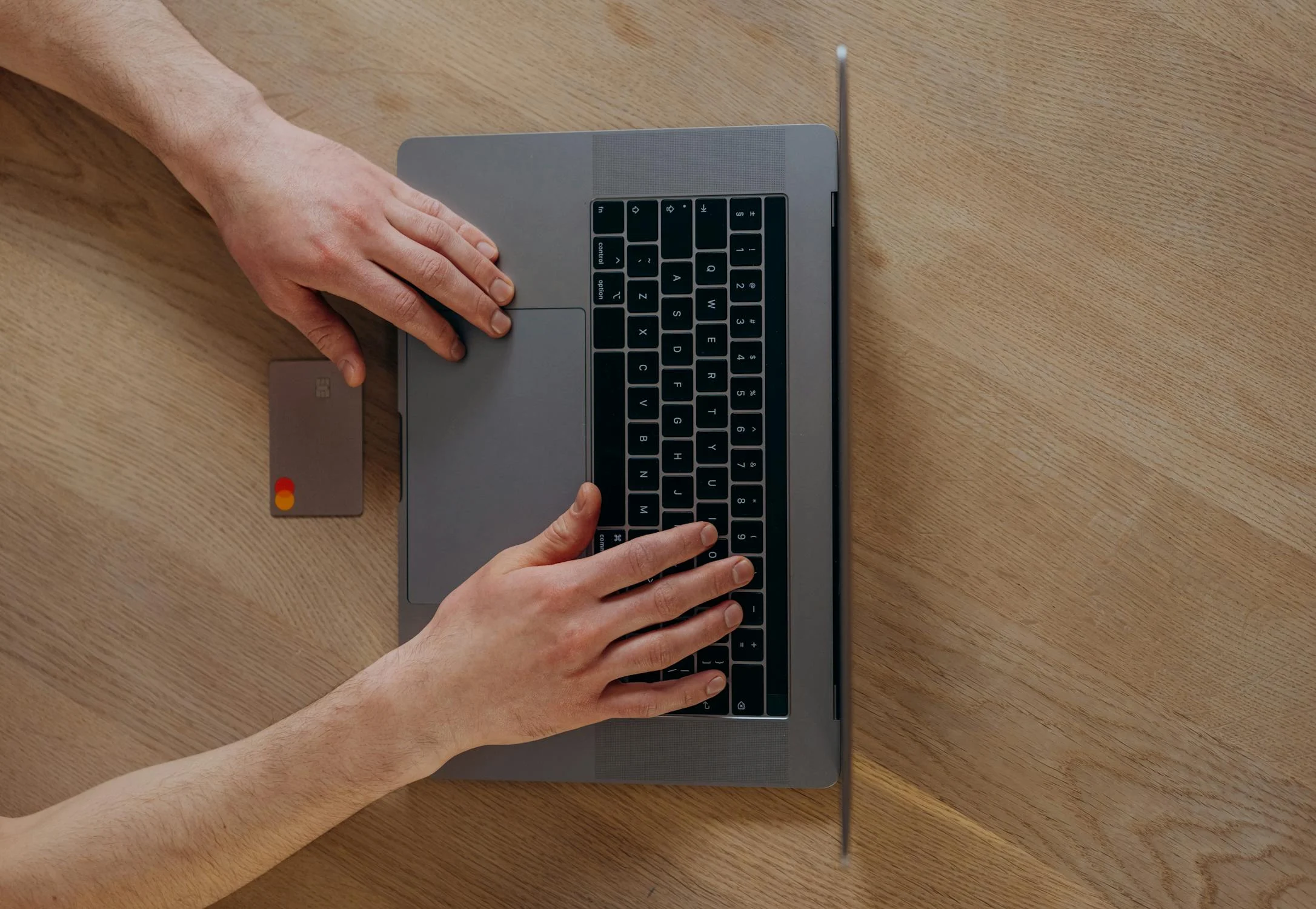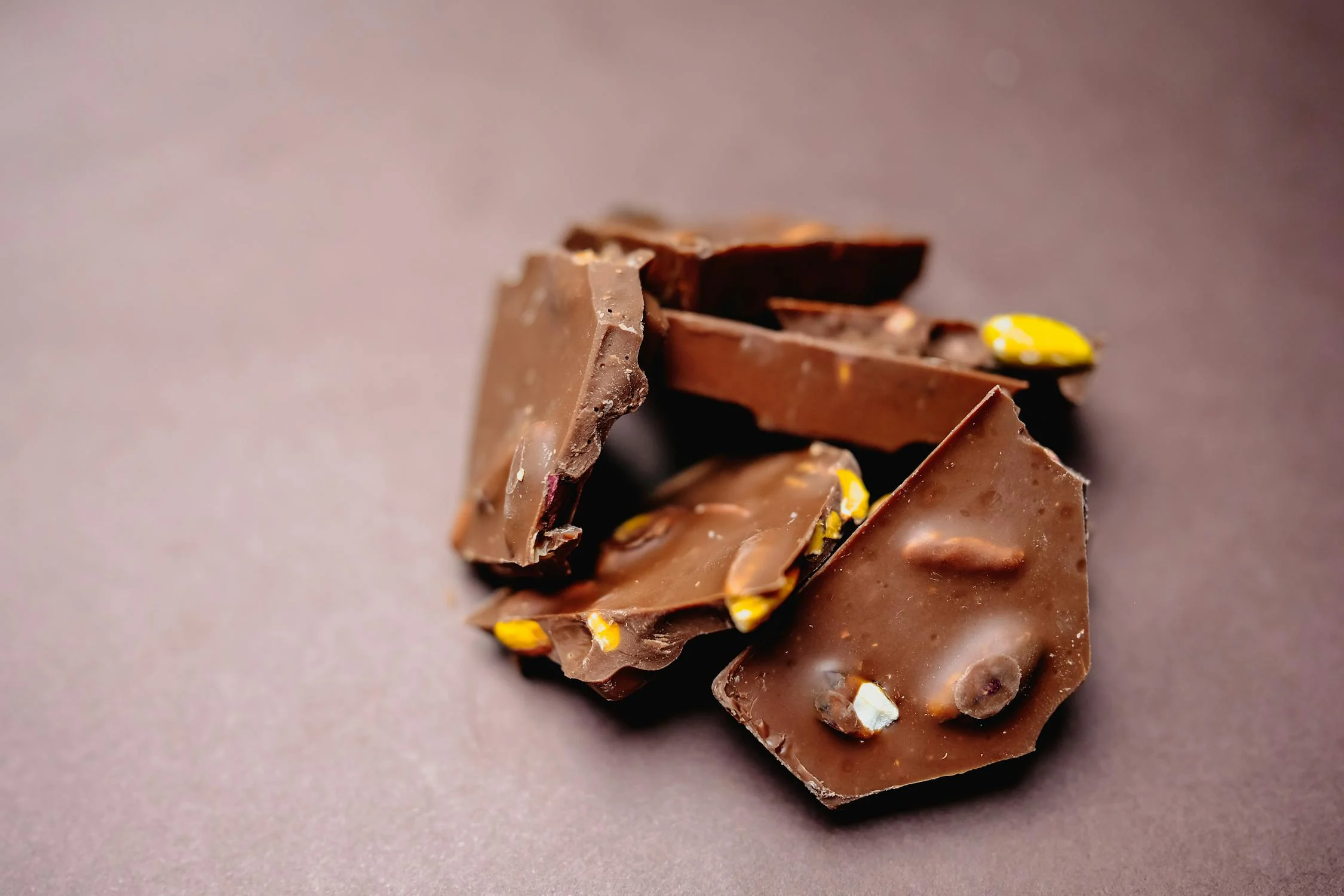Historical Context and Body Shaming in Korea
Tracing back to the Joseon Dynasty, Korean beauty standards have always been deeply intertwined with societal values, where physical appearance reflected one’s moral character and social status. Over the centuries, these standards have evolved, influenced by historical events, Westernization, and the global spread of K-pop and Korean dramas. This fusion of traditional and modern influences has crafted a unique beauty ideal emphasizing a youthful appearance, pale skin, and slim physique. Such ideals are prevalent in personal interactions and professional settings, media, and advertising, creating a ubiquitous presence in everyday life. This historical context highlights the complexity of Korea’s beauty standards and their profound impact on individuals’ perceptions of self-worth and body image. Amidst this, the rise of “weird Korean products” marketed for their innovative and sometimes unconventional approaches to beauty underscores the lengths the industry will go to cater to these ideals, offering a fascinating glimpse into the cultural significance of appearance in Korean society.
Expanding on the historical context, the contemporary landscape of Korean beauty standards cannot be discussed without acknowledging the global influence of K-pop and Korean dramas. These cultural exports have not only popularized Korean beauty ideals worldwide but also reinforced the pressure on individuals within Korea to conform to increasingly specific and sometimes unattainable standards. This pressure is further amplified by the burgeoning market of beauty and skincare products, including the aforementioned “weird Korean products,” which promise miraculous transformations. These products’ proliferation and innovative marketing strategies reflect a deeply engaged society pursuing physical perfection, underscoring the deep-seated cultural significance of beauty in Korean culture. This complex interplay between historical values and modern influences continues to shape the attitudes toward body image in Korea, presenting challenges and opportunities for individuals navigating this landscape.
Comparison with Other Cultures
Exploring the intricate tapestry of beauty standards across Asia reveals a fascinating blend of cultural commonalities and distinctive nuances. In Korea, the premium placed on pale skin, slender figures, and youthful features is also mirrored in countries like Japan and China, albeit with their unique interpretations and emphases. Japan, for example, values a subtle, almost ethereal aesthetic known as “wabi-sabi,” finding beauty in imperfection and transience, contrasting with Korea’s pursuit of a more polished, almost perfectionist beauty ideal. On the other hand, while sharing the penchant for fair skin, China has seen a growing appreciation for more diverse body types, partly influenced by its vast geographic and ethnic diversity.
These cultural narratives around beauty are not static. Still, they are continuously evolving, influenced by global trends, economic changes, and the rise of social media, which introduces new dimensions to beauty ideals and fosters a more inclusive dialogue across borders. Understanding these shared and divergent paths can offer valuable insights for anyone navigating the complex landscapes of identity and self-expression in Asia, especially those pondering everything to know before moving to South Korea, where the convergence of traditional values and global influences paints a unique social canvas.
Personal Story
It’s no secret that trying to achieve virtually impossible standards of physical beauty is deeply ingrained into Korean culture and that being beautiful is considered a factor of utmost importance. I discussed my experience with this in my article for The Huffington Post, “Are You Pretty Enough To Live In South Korea?”. However, body shaming in Korea is also rife. So, when we talk about weight, what’s the Korean verdict on what a healthy weight is?
Growing up in the West, we become quickly accustomed to seeing people with bodies of different shapes and sizes and are taught to accept them as they come. However, in Korea, the pressure to be unrealistically beautiful is accompanied by the pressure to be incredibly thin.
This post is not intended to bash the Korean perspective and outlook on physical beauty or debate what is “healthy,” nor is it a scientific study; purely, it is my experience with body shaming in Korea as someone currently living and working in Seoul, that I am sure many other ex-pats can relate to.
In the UK, I was considered ‘slim’ by Western standards – I eat healthy, I treat myself now and then, and I walk and exercise every day. I’ve always felt pretty comfortable in my body and have never been made to feel bad about my weight until I moved to Korea.
“Teacher, you fat!” is something I hear almost every day from the students in my elementary school classes. When the learning topic was food in one of my fourth-grade English classes, I asked the students what their favorite foods were and told them mine in return. In response, I got a “That’s why you are so fat!”. I would be appalled by such manners in the West, but in Korea, it isn’t considered rude to openly criticize someone’s appearance. I was met with blank stares when I advised that it wasn’t a nice thing to do.
“I just eat one avocado a day on work days, so I don’t get fat,” a colleague tells me, smiling with pride as though she has just been nominated for a Nobel prize.
“No, I had BBQ for dinner yesterday, so today I will rest from eating, ” another Korean friend advises when invited for lunch.
“I can’t; my Mum made me go on a diet!” a fourth grader huffs when offered a cookie.
These are all genuine statements I’ve witnessed over the past six months.
This kind of thought pattern is something that I dismissed back in high school.
There is a significant difference between being thin as a result of a healthy lifestyle, and by starving yourself which, as far as I am concerned, is no different to self-harming.
Body shaming in Korea is something that affects me almost daily. You would think that I was trying to audition for the new Victoria’s Secret catalogue based on the intense scrutiny my body and physical appearance comes under on a daily basis.
Psychological Impact of Body Shaming in Korea
The psychological toll of body shaming in Korea is profound, paving a path toward low self-esteem, anxiety, and an array of eating disorders. Individuals, constantly under the scrutiny of unrealistic beauty ideals, may find themselves trapped in a cycle of negative self-perception. This relentless pressure can lead to a diminished sense of self-worth, heightening the risk of depression and social withdrawal. Moreover, the fear of judgment fosters anxiety, particularly in social settings, while the quest for acceptance may drive some towards dangerous eating habits, further endangering their mental and physical health. Addressing these psychological impacts is crucial for fostering a society where every individual can thrive, free from the shadows of body shaming.
Psychological Impact of Body Shaming in Korea
The psychological toll of body shaming in Korea is profound, paving a path toward low self-esteem, anxiety, and an array of eating disorders. Individuals, constantly under the scrutiny of unrealistic beauty ideals, may find themselves trapped in a cycle of negative self-perception. This relentless pressure can lead to a diminished sense of self-worth, heightening the risk of depression and social withdrawal. Moreover, the fear of judgment fosters anxiety, particularly in social settings, while the quest for acceptance may drive some towards dangerous eating habits, further endangering their mental and physical health. Addressing these psychological impacts is crucial for fostering a society where every individual can thrive, free from the shadows of body shaming.
Parting Words
Building resilience in the face of body shaming is a journey of self-discovery and empowerment. Here are practical steps to cultivate a shield of confidence:
- Self-Compassion: Practice kindness towards yourself. Recognize your worth beyond physical appearance.
- Diverse Representation: Seek out media and social networks celebrating all body types and beauty standards. Representation matters for mental well-being.
- Community Support: Surround yourself with people who uplift you. Support groups, both online and in real life, can provide solace and strength.
- Professional Help: Don’t hesitate to seek professional advice if body shaming affects your mental health. Therapists can offer coping strategies tailored to your experiences.
- Educate and Advocate: Be informed about beauty standards’ cultural and historical roots. Use your voice to advocate for more inclusive and diverse representations of beauty.
Empowering oneself against the tides of body shaming involves personal fortitude and a collective effort to reshape societal narratives around beauty and worth.
It’s very sad to me that unrealistic expectations for one’s physical appearance are more of a concern than personality or intelligence and that a person’s attractiveness significantly impacts how they are treated.
It is difficult to remove yourself from this when you are surrounded by people who are constantly trying to lose weight or trying to encourage you to do the same. I suppose that the best thing for us Western expats to do is to grow a thick skin. Don’t ever let a Korean’s comments knock your confidence, and don’t ever accept it as truth when a Korean calls you fat. Nothing positive can come from torturing yourself to try and achieve a particular, unrealistic standard of self. For whom are you doing such a thing? Have you had any experience with body shaming in Korea? What happened, and how would you advise others to deal with it?







4 Responses
Hi! When I first met my mother-in-law, a petite woman who ate like a bird – she didn’t have to say anything to make me, a tall and normal weight woman feel like an awkward giant. Northern Italian culture also encourages thiness and beauty over brains and wit. You do grow a thick skin.
However, I would not be able to resist telling those fourth graders that in your country, commenting on another person’s appearance in a negative way is considered rude. it looks like that country will be hit with some major eating disorders – sooner or later.
Best of luck with your Korean adventures.
Personally, I think it’s rude because it’s not a complement and it harms relationships between Westerners and Koreans, and I think plenty of Koreans don’t like it. Which Korean man or woman would want to be told they’re fat? Also, I have a belly because of a health issue. I walk a lot, I don’t eat dessert, I exercise 2-3 times a week. I sometimes fast, but I have a belly because I’m bloated. They should think before making such comments, IMHO. There has to be more awareness about this issue.
I have been to Korea 3 times, and the stare that I got from there just because I am fat…the people were staring like it is a sin for being fat. .. feel like shouting and said to them that I am fat due to the my critical illness and need to take medicines.
Hey Farihah I am so sorry to hear about your experience!
Sometimes I feel that Koreans don’t stare with any bad intentions (as in because of a person’s weight) but because they look different and interesting.
For example, I am caucasian and lived in Seoul for a long time, and I always felt that people were staring at me on the subway etc, to the point where it made me wonder if I had something on my face etc. However it mostly seemed a kind of innocent intrigue. Obviously staring is not polite in most countries but it is unfortunately very common there. So maybe it could be completely unrelated? Of course there are some shallow people there, but not all!
I hope that you enjoyed your trips otherwise? I really enjoyed all of the temples and the excellent Korean food!